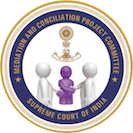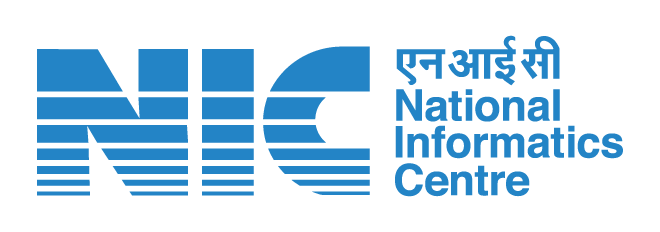FAQ's
| What is Mediation? | Mediation is a conflict resolution process in which two or more parties involved in a dispute meet with a neutral third-party mediator to discuss the issues and attempt to reach a voluntary agreement. The process is non adversarial and informal but structured. |
| What are the advantages of mediation? | The mediation process has a lot of advantages. Some of them include speedy redressal of disputes, party centric, restoring of relationships, inexpensive process etc. |
| What is the role of a mediator? | Mediator facilitates dialogue between the parties to help them develop their own resolution to their issues. Agreements are reached by mutual consent of all parties. Mediators are impartial persons who do not impose decisions or give legal advice. |
| Are the proceedings in mediation confidential? | Yes, the process of mediation is confidential and the information shared with the mediator cannot be disclosed even with the opposite party unless the party sharing the information consents. |
| What is the difference between litigation, Arbitration and Conciliation? | In litigation the judge decides the issue and the parties must accept that decision, subject to the right of appeal. Arbitration proceedings also end in awards which can be challenged. In the process of Mediation parties are encouraged with the help of the Mediator to explore various mutually acceptable solutions to end their dispute. It is their resolution, not the Court's. However, when parties come to a settlement in Court-annexed Mediation, the Court also endorses the settlement by a judicial order. In India, presently the terms 'Mediation' and 'Conciliation' are used synonymously. |
| How is a mediated settlement enforced? | When the parties reach a settlement agreement and sign it, it becomes enforceable under the provisions of Code of Civil Procedure and the Arbitration and Conciliation Act. It is enforced by the legal process of execution. |
| Is every mediation successful? | Success lies partly in the advantages of the process of Mediation and the Mediators' skills. It also lies largely in the readiness of the parties to settle. If someone is bent upon keeping a conflict going, even the most obvious solutions will not work. If everyone wants to see a conflict end, Mediation is the efficient way to do so. |
| What happens if the mediation is unsuccessful? | In case when a Court ordered mediation fails, the matter goes back to the court where the parties litigate before the Court. The proceedings before mediator and the mediation process per se does not affect their legal rights and interests. |
| What is the role of MCPC? | MCPC conducts various Mediation Training Programmes, co-ordinates with different Mediation Centers/State Legal Services Authorities/Judicial Academies, compilation of statistics received from states, maintains accounts and also data of each trainer in the database software. It also conducts research, co-ordinates with International Organizations, accredits mediators and holding of seminars/conferences for popularization, encouragement and evolution of mediation as an alternative dispute resolution mechanism. |
| What are the categories of persons given training by MCPC? | MCPC conducts training for Mediators, Trainers, Judges, advocates, government officials, social workers etc. |
| What are the trainings provided to Mediators by MCPC? | The various training programmes for mediators are:- 1. 40 hrs Mediation Training Programme 2. 20 hrs Refresher Course Programme 3. Advanced Course (Capsule Course) |
| What are the trainings provided to Trainers by MCPC? | The various training programmes for Trainers are:- 1. Training programmes for Trainers 2. Advanced Training Skills for Potential Trainers 3. Course on Developing Advanced Skills for Potential Trainers Programme 4. 5 Days intensive training Programme |
| What are the trainings provided to Judges by MCPC? | Mediation Training for referral judges is provided by MCPC |
| What are the other trainings provided by MCPC? | Training in form of Awareness Programme is provided by MCPC. |




